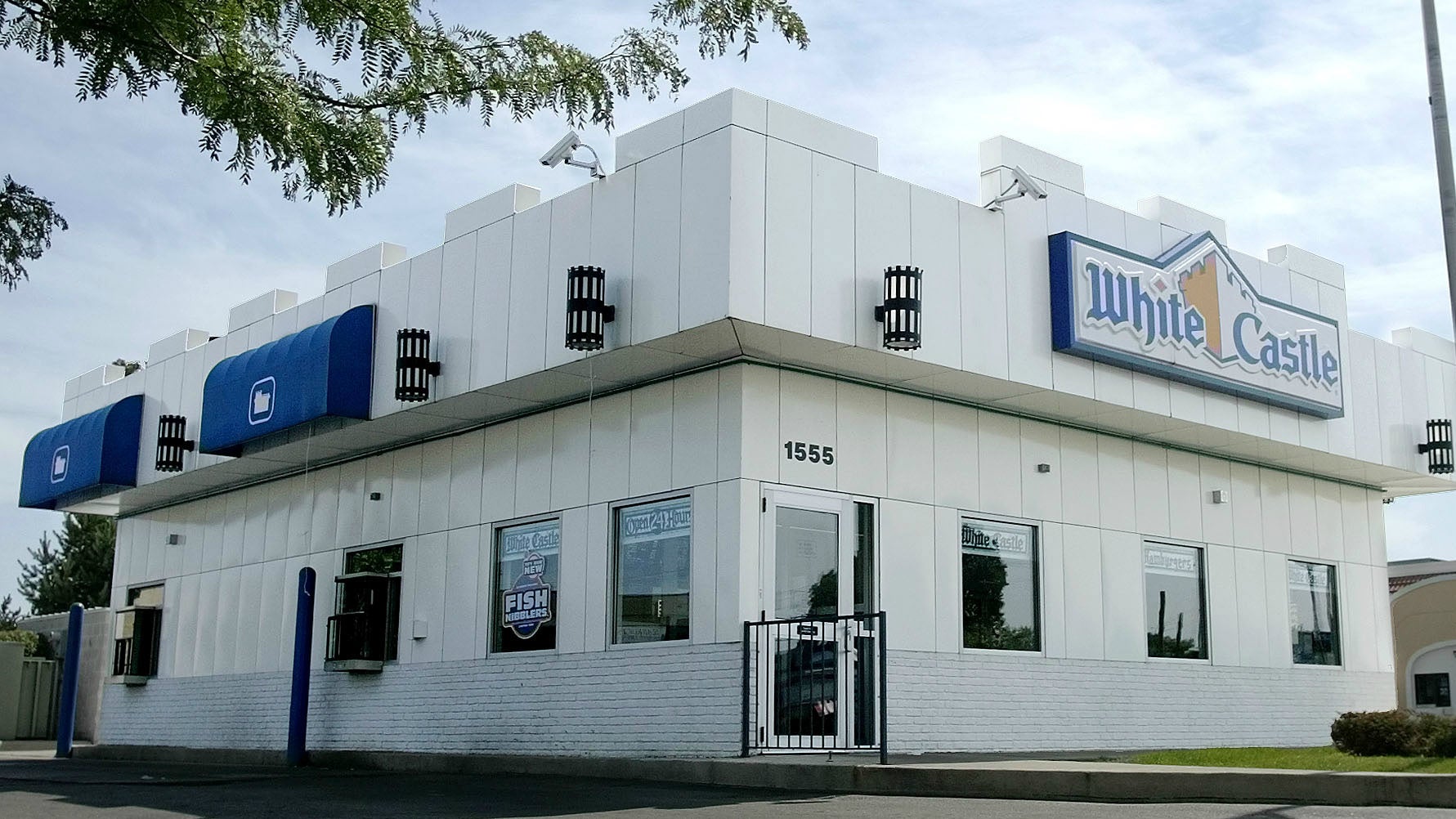After 97 years selling beef, White Castle is adding Impossible Burgers to its menu
Among American fast food chains, White Castle occupies a special place in US culture. It has been the subject of a feature film, and Time magazine once called its slider “the most influential burger of all time.”


Among American fast food chains, White Castle occupies a special place in US culture. It has been the subject of a feature film, and Time magazine once called its slider “the most influential burger of all time.”
Now it’s about to make a little history with its menu offerings.
Starting tomorrow (April 12), White Castle will be offering a new version of it’s famous slider—made from Impossible Food’s plant-based burger product. The Impossible burger is made from wheat, coconut oil, potatoes, and heme, an iron-containing compound the company extracts from plants. The new menu item will initially be available at 140 White Castle locations in New York, New Jersey, and Chicago, but if it proves to be a popular item, the chain says it will expand the offering to all 380 of its locations. The deal makes the Impossible burger the first plant-based patty to be sold in an American quick-serve restaurant, according to both companies.
“Our partnership with White Castle is a major milestone for Impossible Foods,” says David Lee, the company’s chief operations officer. “It’s an indication that we’re becoming as accessible, affordable, and available as our customers demand.”
For over a year, Impossible Foods has been in a race with Beyond Meat, another plant-based burger company, to grow a bigger footprint in restaurant and grocery markets. To supply White Castle, Impossible Foods will rely on a brand new, 70,000-foot production facility it built in Oakland, California last year. Speaking to Quartz when the Oakland facility opened, Lee said it can churn out more than 1 million pounds (454,000 kg) of its plant-based burger in a given month—more than enough to supply White Castle and Impossible’s other commercial partners.
White Castle chief marketing officer Kim Bartley says she’s been thinking about putting a meat-alternative burger on the menu since 2013, when Dutch scientist Mark Post unveiled a cell-cultured burger in London. A few years later, she asked the fast-food chain’s top chef to explore the available options. “When we did our tastings, the Impossible burger was the product that seemed to have the greatest appeal,” Bartley says. “We don’t know where this will go—a majority of people aren’t demanding this—but there is an interest there.”
Bartley expects that some of the chain’s customers will be startled by the appearance of the Impossible burger on a menu that for 97 years has been dominated by actual meat. To be sure, White Castle’s menu has seen changes. It has offered fish sliders, crab cake sliders (a promotion during the religious Lent holiday), grilled chicken, and even turkey sliders (during the autumn months). None of those products attempted to mimic something else, though.
For that reason, the chain will closely eye how well the Impossible burger performs. “We will be doing a lot of questionnaires of our customers…to get a read for what would they have liked done differently,” Bartley says.
White Castle’s original beef slider (without cheese) usually goes for a little less than $1; it will sell the Impossible slider for $1.99 apiece, or $6.99 in a combo meal that includes two Impossible sliders, a drink, and fries.